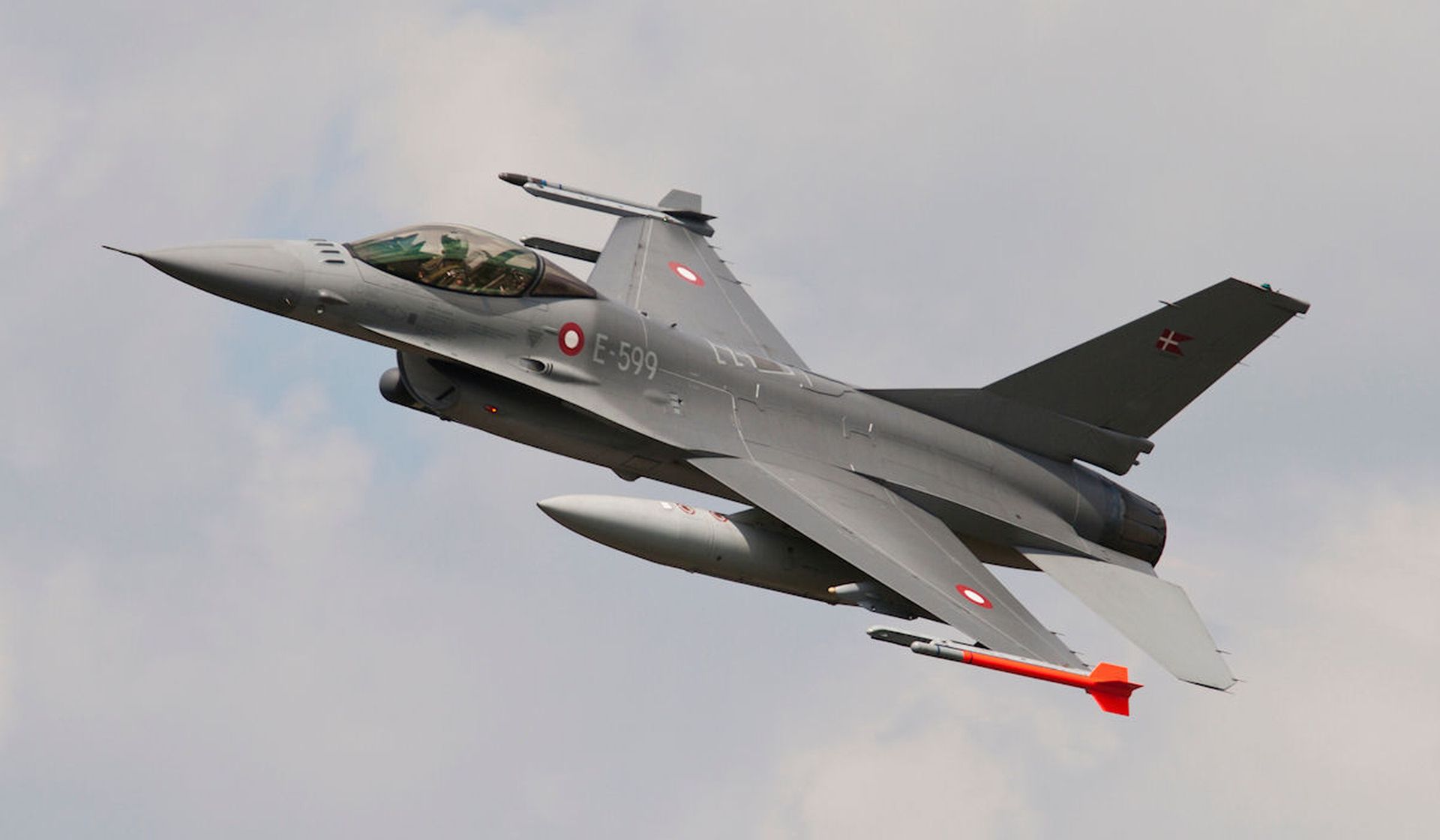Denmark’s PM called on Sunday for citizens to vote to overturn its opt-out from EU defence policy in a referendum to be held June 1, following Russia’s invasion of Ukraine.
“Historic times call for historic decisions,” Mette Frederiksen told a news conference, adding that the government “very clearly calls on Danes to lift the opt-out on defence”.
Denmark’s opt-out, one of four EU special arrangements negotiated by the Scandinavian country, has seen it abstain from participation in EU military operations and from providing support or supplies to EU-led defence efforts.
“For me, as prime minister, this is a values-based decision,” Frederiksen said.
The referendum is part of an agreement reached on Sunday with a majority of parties in Denmark’s parliament, the Folketing.
The potential turnaround in the Nordic nation’s defence policy, in place for 30 years, comes as other European nations also overturned long-held positions on defence and security following Russian President Vladimir Putin’s shock invasion of Ukraine on 24 February.
Non-NATO countries Sweden and Finland have both seen public support for joining the military alliance reach historically high levels since the start of the assault, and this week both governments announced closer partnership with NATO and with each other on defence.
Meanwhile German chancellor Olaf Scholz U-turned on decades of defence policy by announcing a 100bn euro defence spending hike and sending weapons to Ukraine.
On Sunday Danish PM Frederiksen also pledged to increase defence spending by 7 billion kroner (EUR941 million) over the next two years.
Calling it the “largest investment in recent decades”, Frederiksen set out plans to increase spending to two percent of GDP, in line with NATO membership requirements, by 2033.
The Social Democrat leader also expressed a wish to make Denmark “independent of Russian gas as soon as possible”, but did not specify a time frame.
“We will also work towards this in the rest of Europe,” Frederiksen said.
The upcoming referendum will be the ninth to be held in the Scandinavian kingdom since the 1972 public vote on EU membership.
After the public rejected the Maastricht Treaty in June 1992, Copenhagen obtained opt-outs in four sovereign areas: the single currency, justice and police matters, defence and EU citizenship.
In December 2015, the Danes voted no to strengthening their cooperation with the European Union on police and security matters for fear of losing their sovereignty over immigration.











